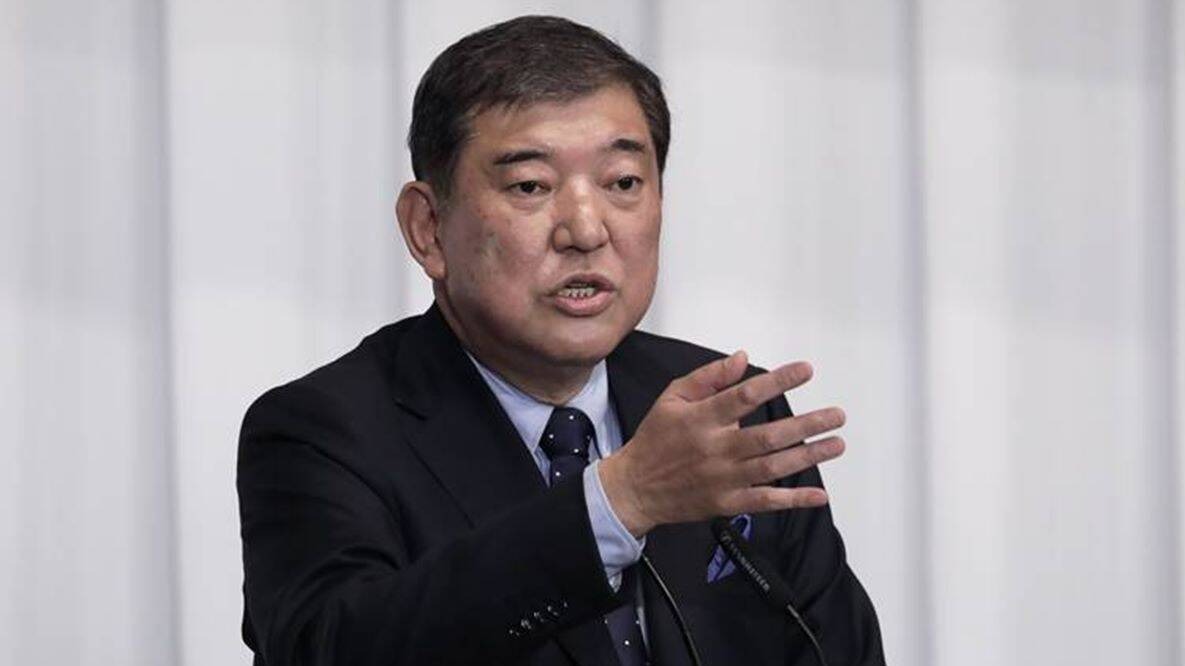The scandal began when allegations emerged more than a year ago, first reported by a newspaper affiliated with the opposition Japanese Communist Party. Prosecutors initiated a criminal investigation into whether dozens of lawmakers from the ruling Liberal Democratic Party (LDP) received unreported proceeds from fundraising events.
Allegations and Financial Misconduct
Under Japan’s Political Funds Control Act, corporate donations to individual lawmakers are prohibited. However, the law allows funds raised through ticket sales at fundraising events to be redistributed to lawmakers, provided they are disclosed in official funding reports.
Media reports allege that internal factions within the LDP failed to report approximately 500 million yen ($3.52 million) in ticket revenues transferred to several lawmakers over the last five years. Some lawmakers, including high-ranking officials, are accused of pocketing these funds without proper disclosure in their funding reports.
Notable figures implicated in the scandal include Chief Cabinet Secretary Hirokazu Matsuno, Trade Minister Yasutoshi Nishimura, and LDP Policy Council Chief Koichi Hagiuda. All three have since resigned.
Additionally, Hiroyuki Miyazawa admitted to receiving undisclosed proceeds in the past, stating that faction officials instructed him to keep them off the books.
Leadership Changes Amid Crisis
Prime Minister Kishida’s resignation followed growing scrutiny and criticism surrounding the scandal. His successor, Shigeru Ishiba, has pledged to restore public trust. Speaking at a press conference, Ishiba emphasized his commitment to addressing the issue.
“Based on the coalition between the LDP and the Komeito party, I will carefully listen to the views of other parties and build consensus as much as possible,” Ishiba said. “Sincerely and humbly, we will work for the people’s safety and security.”
Calls for Reform
The opposition camp has intensified demands for stricter regulations on political funding to prevent future misconduct. Advocates argue that the current system’s loopholes have enabled improper practices to go unchecked for years.
This isn’t the first case where a prime minister has resigned due to a scandal.
In 1974, Prime Minister Kakuei Tanaka stepped down following reports about his questionable real estate dealings. Two years later, he was arrested for his involvement in an international bribery case with aerospace company Lockheed.
In 1989, Noboru Takeshita stepped down as prime minister after allegations of insider trading involving private equity linked to the human resources company Recruit. These allegations also led to several high-profile resignations from his party.
In 2010, Prime Minister Yukio Hatoyama resigned due to allegations that he and other Democratic Party officials under-reported fundraising proceeds.
What’s Next?
As the investigation continues and details of the scandal unfold, the LDP’s ability to maintain political stability will likely hinge on its willingness to enact comprehensive reforms. All eyes are now on Ishiba’s government to lead the nation toward a more transparent political system.


